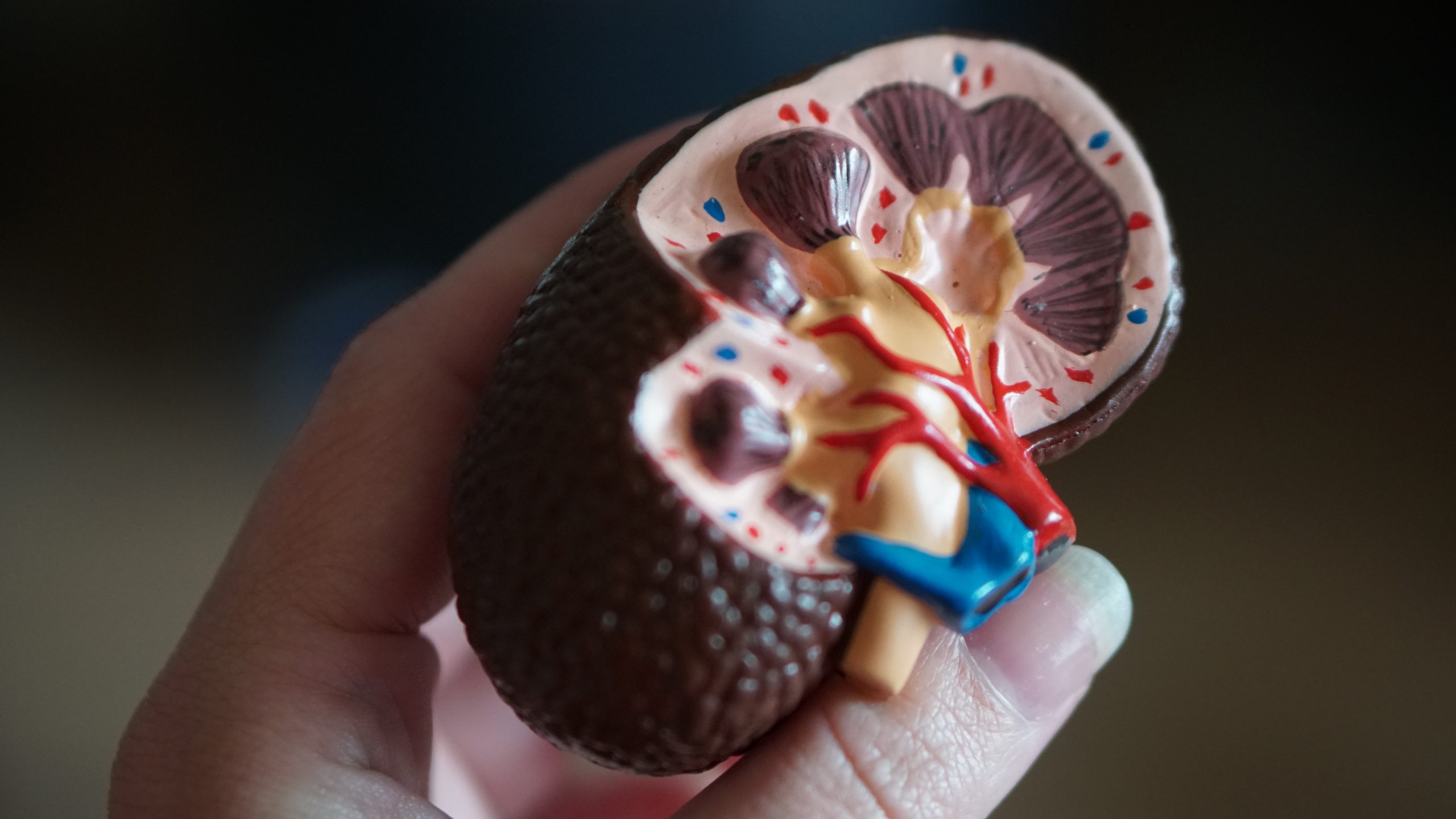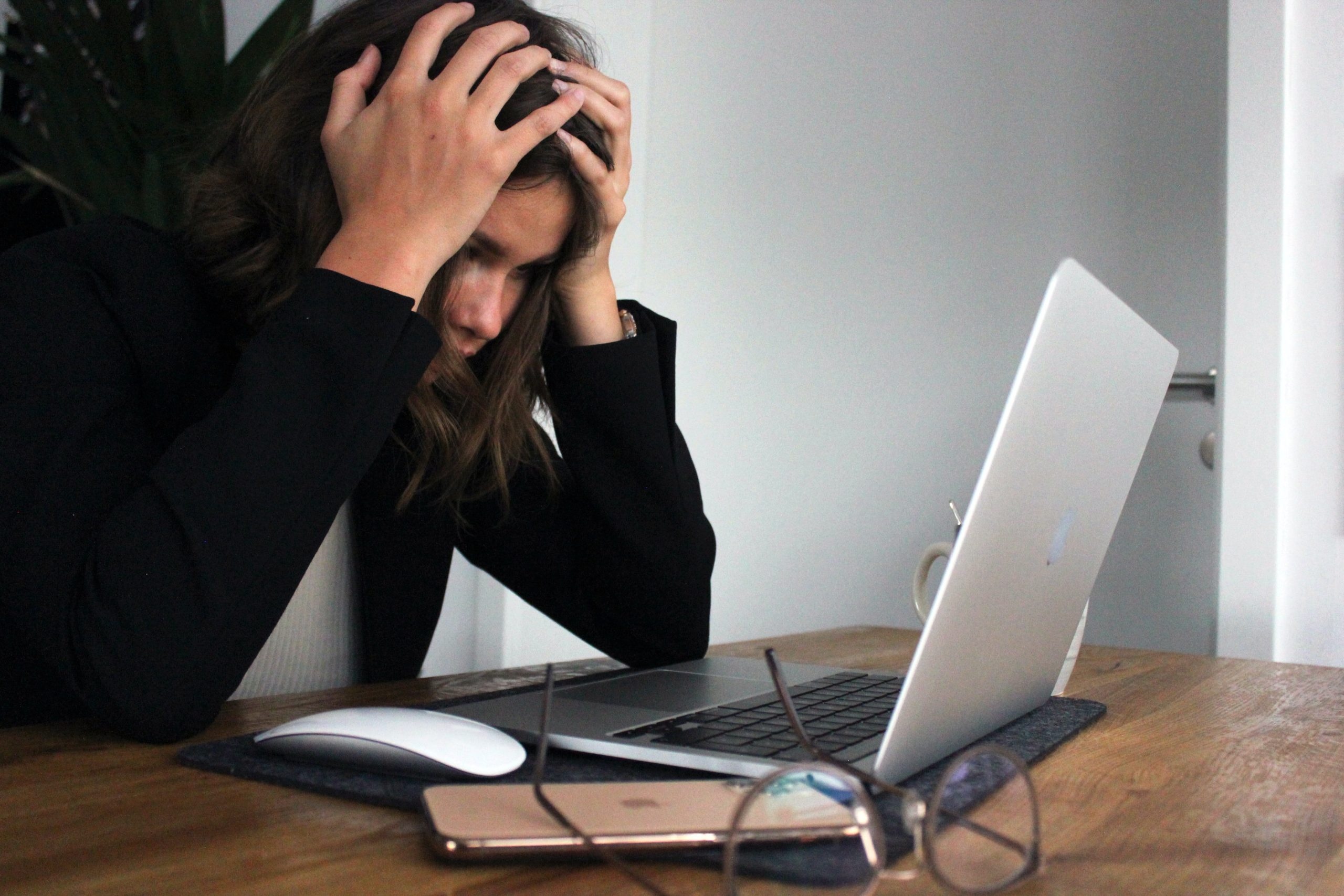Break Time for Mental Health
In our fast-paced world, the importance of taking breaks cannot be overstated, especially when it comes to nurturing your mental health. Dr. Jane Smith, a distinguished figure in the field of mental health, stresses that incorporating regular breaks into your routine can have a profound impact on your emotional well-being. In this article, we will explore the science behind breaks and their essential role in maintaining and enhancing mental health. Dr. Smith’s insights will provide a compelling perspective on how necessary break time can be a powerful tool in the pursuit of better mental well-being.
Understanding the Science of Breaks for Mental Health
Stress Reduction and Resilience
Dr. Jane Smith explains that breaks play a vital role in stress reduction and resilience-building. Taking a pause from work allows your mind to reset, reducing the accumulation of stress and making you better equipped to handle challenges.
Enhanced Focus and Productivity
Surprisingly, breaks can boost your focus and productivity. Dr. Smith highlights that stepping away from your tasks, even briefly, can clear mental clutter and reinvigorate your ability to concentrate on the task at hand.
Practical Break Strategies for Mental Health
Micro-Breaks
Dr. Smith recommends incorporating micro-breaks into your daily routine. These are short, frequent pauses where you briefly disengage from work to stretch, breathe deeply, or simply relax for a moment.
Mindful Meditation
Mindful meditation is another powerful tool. Dr. Smith explains how just a few minutes of mindful meditation during your breaks can calm your mind, reduce anxiety, and promote a sense of well-being.
Dr. Smith’s Insights on Break Frequency
Consistency Matters
According to Dr. Smith, the key to reaping the benefits of breaks for mental health is consistency. Taking regular, short breaks throughout the day is more effective than infrequent, long breaks.
Mindful Movement Breaks
Dr. Smith encourages incorporating mindful movement into your breaks. This can involve a short walk, gentle stretching, or yoga, all of which can help alleviate tension and promote mental clarity.
Comparative Table: Break Strategies for Mental Health
| Break Strategy | Frequency | Benefits |
|---|---|---|
| Micro-Breaks | Every hour | Stress reduction, focus, productivity |
| Mindful Meditation | As needed | Anxiety reduction, well-being |
| Consistent Short Breaks | Throughout the day | Resilience, stress management |
| Mindful Movement Breaks | Daily | Tension relief, mental clarity |
Final Thoughts
Incorporating regular breaks into your daily routine isn’t just a matter of personal well-being; it’s a powerful strategy for nurturing your mental health. Dr. Jane Smith’s insights underline the profound connection between taking breaks and maintaining mental equilibrium. Whether through micro-breaks, mindful meditation, or consistent short breaks, the path to better mental health can be found in the simple act of taking a pause. Remember, your mental well-being depends on it.
Knowledge Source: Dr. Jane Smith
Dr. Jane Smith, a distinguished expert in the field of mental health, has dedicated her career to improving the emotional well-being of individuals. Her extensive expertise and commitment to mental health advocacy make her insights on the importance of breaks invaluable. Dr. Smith’s contributions have positively impacted countless lives, and her guidance continues to shape the mental health landscape.










